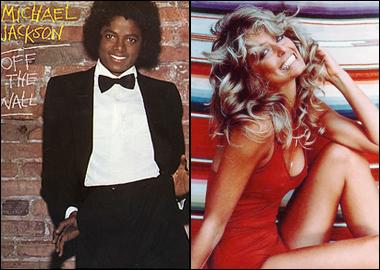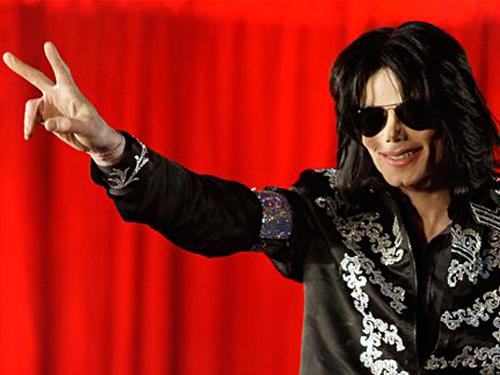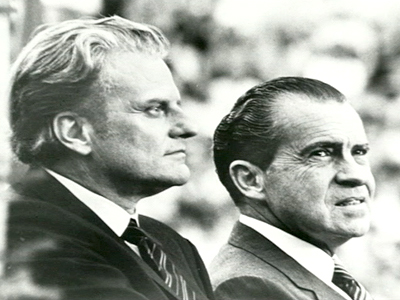Anthea Butler makes the case at ReligionDispatches:
We loved the music, but the trash sold much more. Yet, for all of the crass tabloid fodder, Michael was his best when singing these hopeful songs that called listeners to become better human beings. He most certainly reached more people than the average religious figure, and his songs had an effect on an entire generation weaned on MTV. His own religious journey, from his childhood as a Jehovah’s Witness, to a foray into the Nation of Islam, to finally professing Shahada to become a Muslim shows an interior struggle, despite all of the fame, to find the peace he so often sang about. In all of the accolades and obituaries to come, Jackson will never be called a theologian, though he was one. A Pop theologian, to be sure, but a theologian nonetheless. Struggling with his humanity, half man, half child, he danced as much to entertain I suspect, as to take away his pain. In the dance, he became transcendent, divine. And in the end, it was the very body that he used to beguile millions that failed him.
Butler is a historian of American and African American Religion in residence at Harvard Divinity School’s Women’s Studies in Religion Program. Her argument is well done, I think, but also overdone on that point–or too much so for me. And I doubt the Jehovah’s Witnesses would go for the “becoming divine” part. Nor would Muslims, for that matter.
Yet Butler’s piece is very beautiful, especially the lead, in which she pulls together the deaths of Farrah Fawcett and Jackson, with Ed McMahon as the obligatory third of the celebrity death trinity:
The ’70s died for me on Thursday, June 25, 2009. Farrah Fawcett and Michael Jackson, both icons, died on the same day. Entertainment folklore has it that stars die in threes; so adding in Ed McMahon’s death earlier this week truly means the ’70s are dead and gone.


